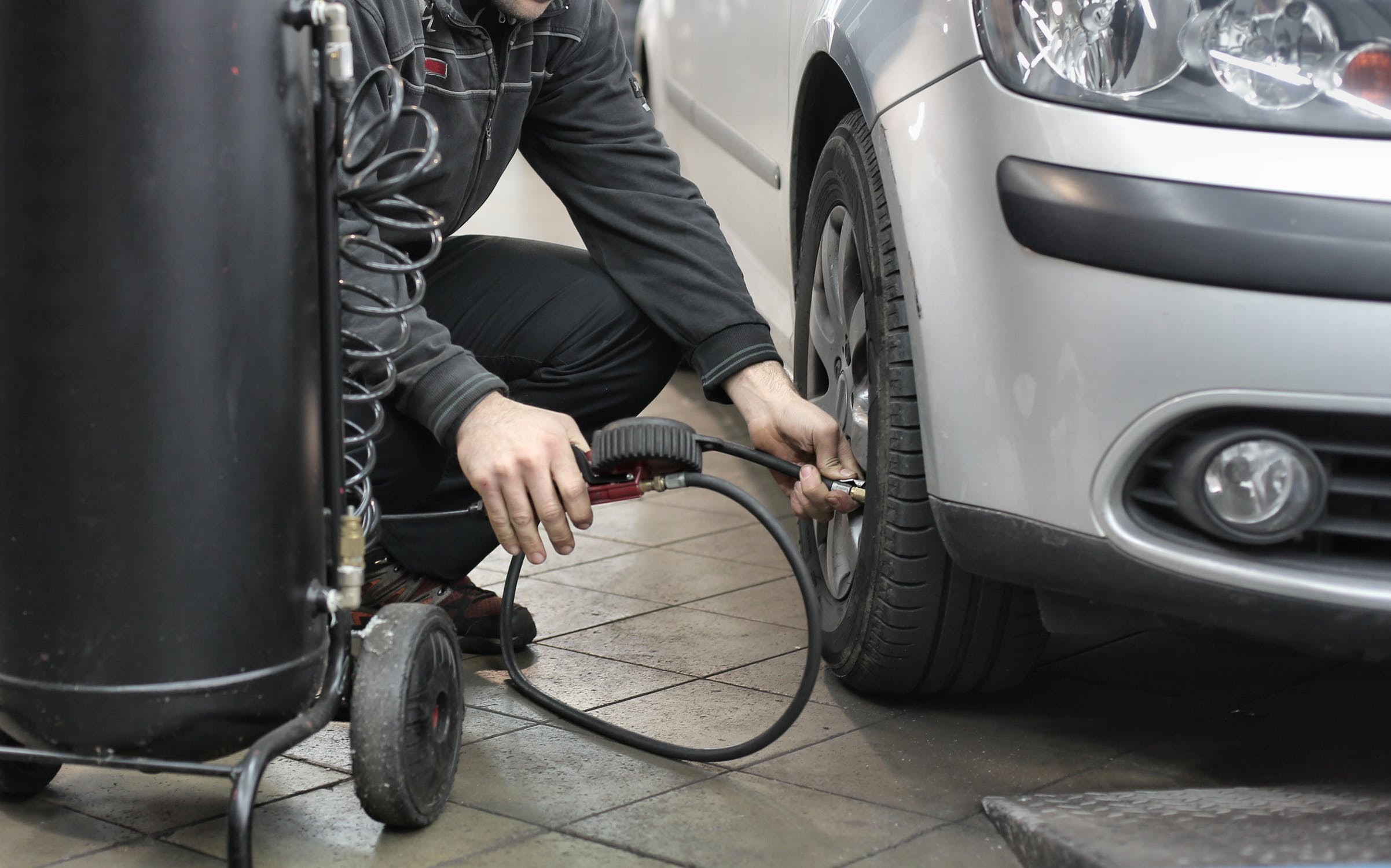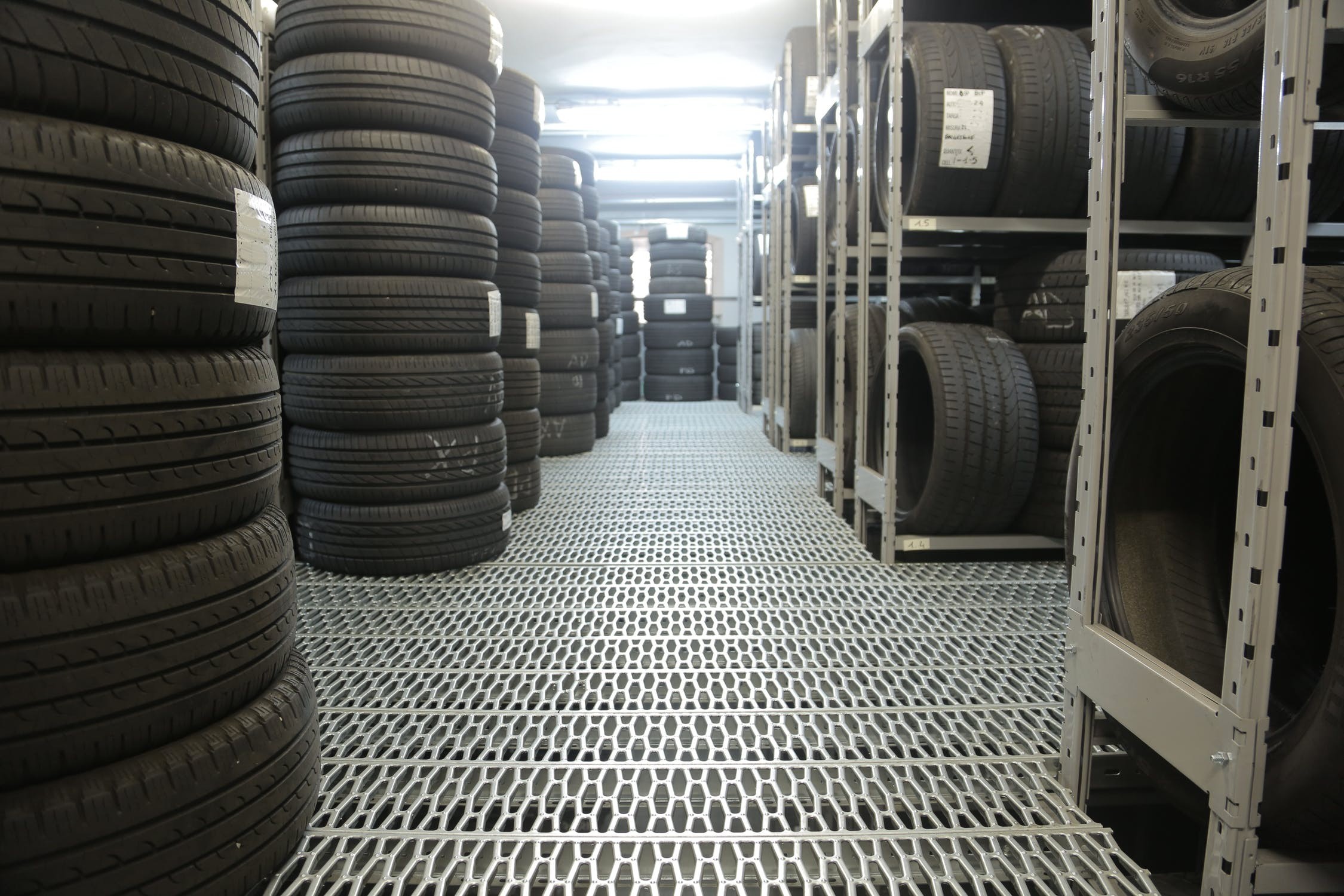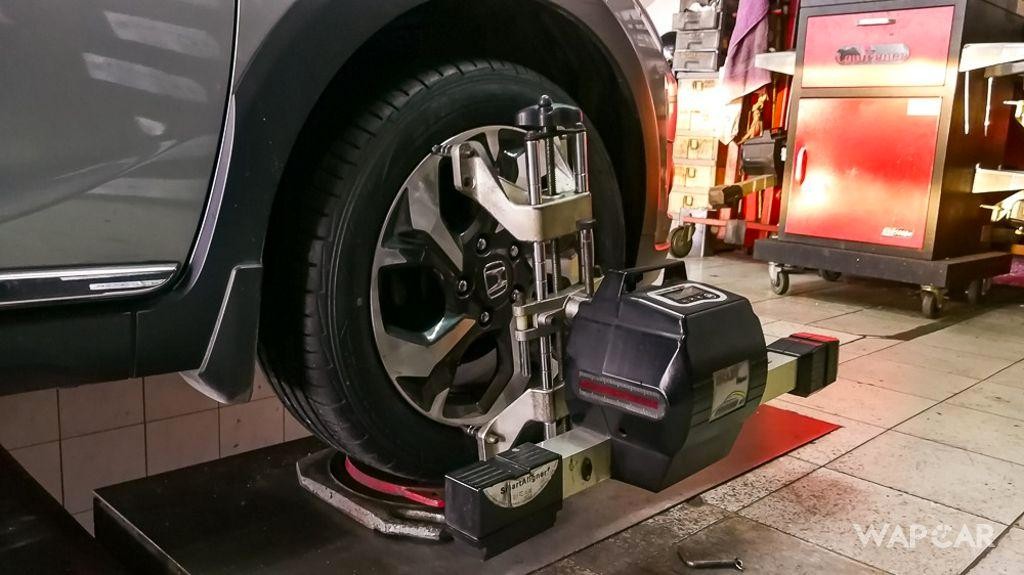Have you ever felt a minor bump on the road, and your car was off-balance? Cars are not meant to be unbalanced. Alignments make sure that both front tires point in the same direction, so there is no discrepancy while driving. If one of those wheels does not align properly with its counterpart, it will lead to uneven wear on your tire treads over time, which can cause poor gas mileage or worse yet – dangerous accidents!
BASICS OF ALIGNMENT

WHAT IS THE IMPORTANCE OF WHEEL ALIGNMENT?
Imagine driving down the most gorgeous road on the planet. Consider driving down the same road with your wheels pointed in the opposite direction. It’s no longer the most gorgeous road on the planet.
Alignment is a very broad topic that has a wide range of terminology and components. Your tires aren’t pointing in the direction when your wheels are out of alignment. This will affect your steering and suspension, but it will also affect your safety and the durability of your tires and all the parts that govern them.
WHAT CAUSES VEHICLES TO LOSE WHEEL ALIGNMENT?
It doesn’t take much to get started. Your car can lose its alignment in a variety of ways. Most of the causes will be familiar to you, but you probably didn’t realize that each one might have a significant impact on your vehicle’s alignment.
Wheel alignment can throw your wheel alignment off by:
- Potholes.
- Getting kicked to the curb,
- Bumping into parking slots made of concrete
- Fair wear and tear—as vehicles get older, rubber components break or lose their elasticity, and ball and socket joints loosen.
Tenths and hundredths of degrees or inches are used to measure alignment angles. A minor misalignment might cause a lot of uneven or premature tire wear. Place your next alignment in the hands of a professional.
WHAT HAPPENS IF I DO NOT ALIGN MY WHEELS?
Just thinking about someone who has never had their vehicle aligned makes us wince. What will happen in the end is that you will waste a lot of money on tires, since they will wear down much faster if there is no proper alignment. It’s as simple as that. And you’ll probably notice something’s wrong while you’re driving; your car won’t handle as well as it should.
In the most extreme circumstances, you may find it impossible to keep complete control of your vehicle. Fortunately for you, all of this bad news is readily avoidable by getting your wheels aligned as necessary.
What if I told you that having your alignment checked every other oil change is the smartest move? This will extend the life of your tires.
Ask for a Lifetime Alignment if your car needs to be aligned. We’ll adjust your tires every 6,000 miles or as needed for as long as you own your vehicle with this service.
HOW OFTEN SHOULD MY ALIGNMENT BE INSPECTED?
Longer tire life is a good thing. For every other oil change, we recommend an Alignment Check. Over 6,000 kilometers, a lot happens. You drive past potholes, down bumpy roads, or worse, slam your wheels against the curb while making a turn. These factors can affect how your tires sit, potentially throwing your alignment out of whack.
What if I told you that the longer you wait for an alignment, the more damage you’re likely to sustain? You’d be shocked at what you’d learn. It’s time for a checkup if it’s been a while since your last alignment.
ARE THERE DIFFERENT TYPES OF ALIGNMENT SPECIFICATIONS FOR VEHICLES?
Every model that leaves the factory has its own set of alignment requirements. The car manufacturer determines the alignment specifications for each make and model. The vehicle’s size, length, weight, and intended use are all factors in selecting the proper alignment angles.
What if I told you we employ a computerized alignment machine that is pre-programmed with the alignment parameters for each car? The high-tech and exact measuring begin after the vehicle type is decided. You’ll get a printout of the alignment angle standards from the car manufacturer, as well as what your angles were before the changes, and where they are now after the adjustments. We use this advanced equipment at Alfatah tyres to provide alignments for almost any car.
WHY IS DETERMINING IF MY CAR’S ALIGNMENT IS OFF SO DIFFICULT?
It’s not you who’s the problem; it’s your eyes. Without technology, we mere humans cannot see in fractions of degrees. A small misalignment can have a significant influence on tire life. So, sadly, the indications and symptoms of bad wheel alignment aren’t usually right in front of your eyes.
WHAT ARE THE DIFFERENCES IN ALIGNMENTS TODAY?
Alignments aren’t necessarily different, but today’s automobiles are more modern and precise than ever before. And, at today’s costs, we certainly demand more from our rides. Let’s just say a lot has changed since Dad got behind the wheel of that Oldsmobile. As a result, a proper alignment must consider where the rear wheels are oriented in order to preserve the ride and performance that current automobiles are capable of.
There’s also a greater range of vehicles on the road these days. Vehicles serve a variety of roles. Some can steer from the back. Stability controls, dynamic stability controls, active stability management, and SAS are some options (Steering Angle Sensors). Every car manufacturer is distinct, which causes different approaches for fine-tuning each system.
Car wheel alignment and balancing are very important for a safe ride. If you notice any of the following problems with your vehicle’s wheel alignment, know that the wheels desperately need replacement or repair.
Looking for wheel alignment near me?
Al Fatah mobile tire-fitting services are there for you and will get out as soon as possible with our mobile tyre service van that has everything we need in case any problems arise at your location. With our tire assortment and low wheel alignment price, Alfatah tires provide convenience and performance to all of our clients.





